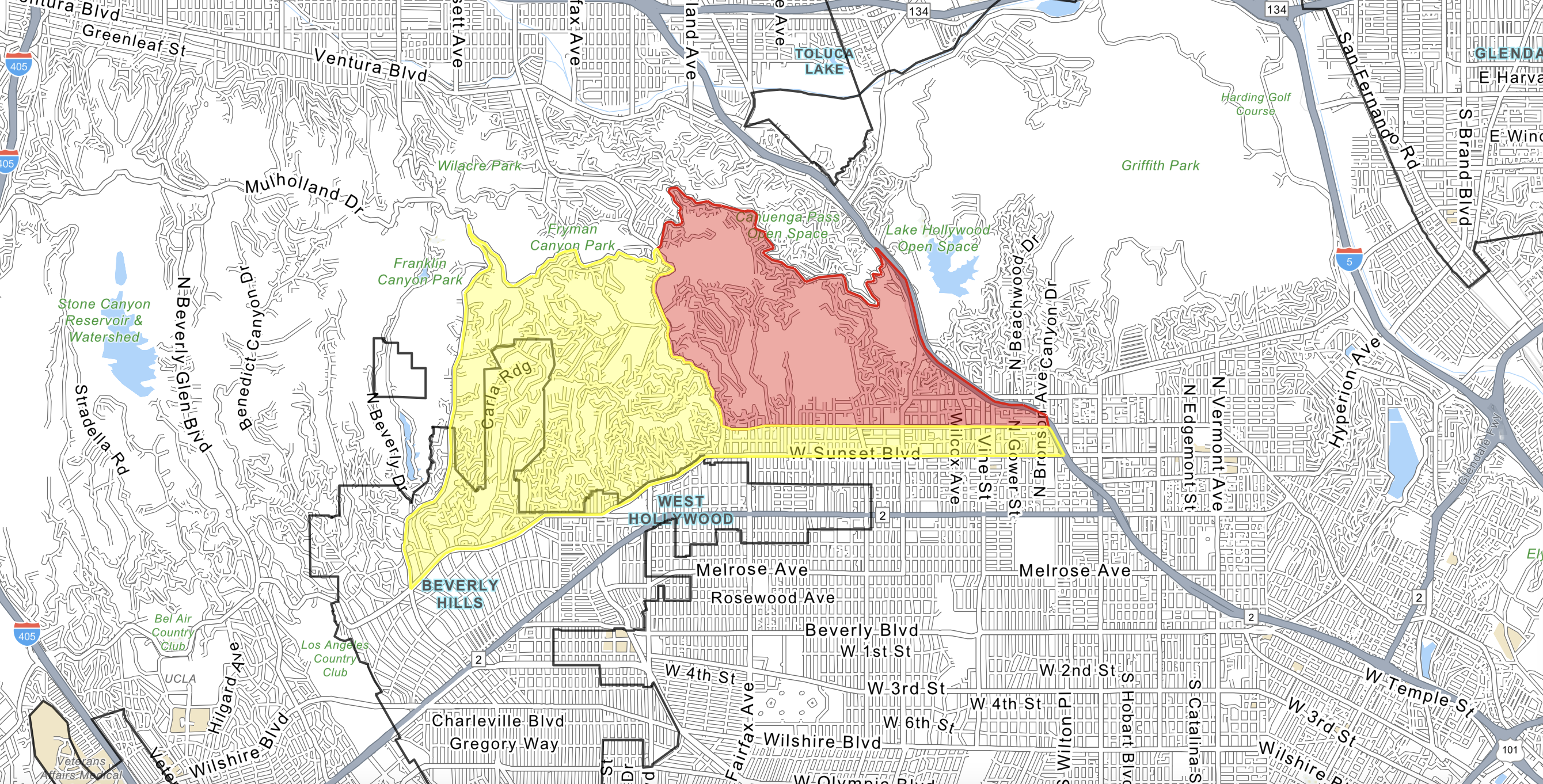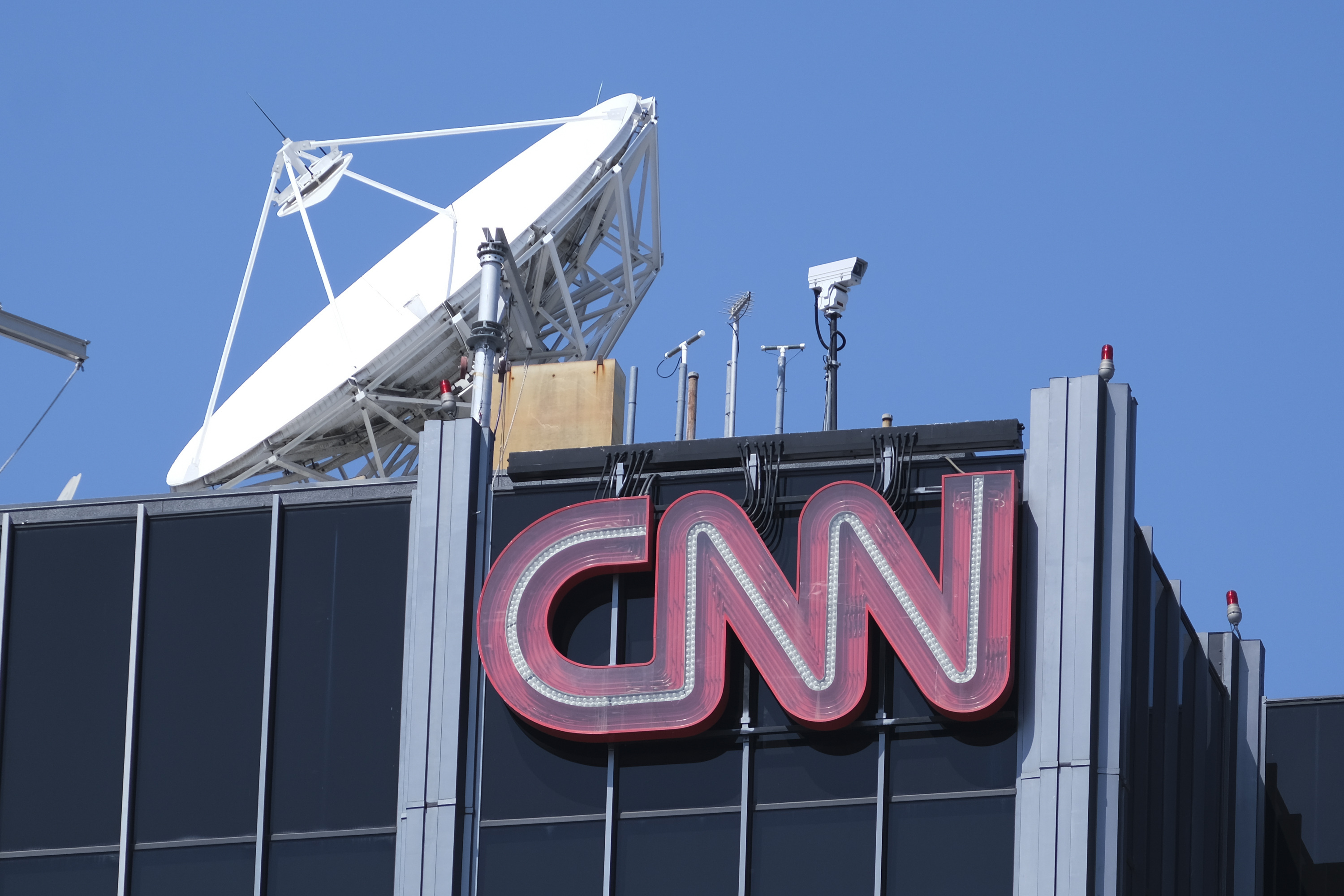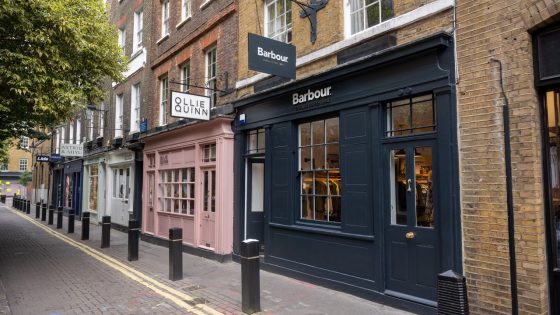Iran is changing its capital city to Makran, in the southern coastal region, from Tehran in the north for economic and ecological reasons, according to Persian-language satellite TV station Iran International.
Newsweek has reached out to the Iranian Mission to the United Nations for comment via email outside of normal business hours.
Why It Matters
Moving Iran's capital to would be costly, time-consuming and shift the country's cultural identity significantly, with President Masoud Pezeshkian already receiving criticism from politicians and others on the matter.
Iran's economy is already struggling and the rial, the nation's currency, plunged to a historic low last month.

What To Know
Tehran was established as the country's capital by Āghā Moḥammad Khān, the first ruler of the Qājār dynasty in Iran, more than 200 years ago.
The idea of moving the capital elsewhere was first introduced under Mahmoud Ahmadinejad's presidency in the early 2000s. It brought up once more by Pezeshkian as a way to solve Tehran's issues with overpopulation, water scarcity, power shortages and more. Although this idea has been discussed before, it has never been pursued due to financial constraints and political debate.
Reported by Iran International, government spokeswoman Fatemeh Mohajerani said: "The new capital will definitely be in the south, in the Makran region, and this matter is currently being worked on."
She added: "We are seeking assistance from academics, elites and experts, including engineers, sociologists and economists." She noted that the project is currently in an exploratory phase.
With more than 9 million residents, Tehran has long dealt with overpopulation as well as air pollution, with the capital being one of the worst-polluted cities in the world. The country's capital has also dealt with what has been referred to as "water bankruptcy," in addition to electricity and gas shortages.
The idea of moving the capital to the south gained popularity during Ahmadinejad's presidency due to the current capital's issues with earthquakes. In the mid-2000s, former Iranian President Hassan Rouhani brought the discussion back up as he noted Tehran's unsustainable growth and environmental issues.
In a meeting last week, Pezeshkian brought up the possibility of relocating the capital again. He said, "One of the reasons that has led us to consider changing the capital is the imbalance between resources and expenditures in Tehran.
"Transporting raw materials from the south to the center, processing them, and then returning them south for export drains our competitive capacity. We must shift the country's economic and political center to the south and closer to the sea."
Makran, located in Iran's Sistan and Baluchestan province, is in close proximity to the Gulf of Oman and consequently holds various opportunities for improving the country's trade capabilities, according to the outlet Tehran Times.
Speaking about the city earlier this week, Iran's Vice President Mohammad Reza Aref said, "Alongside sea-oriented development, the development of Makran is a priority for the current government."
What People Are Saying
Ali Gholhaki, an Iranian journalist, said on X, formerly Twitter: "The reconstruction of Azadi Stadium will take '18 months' and cost '1,900 billion Tomans'; how much time and how much money will it take to move the capital?! The estimate of 25 years and 23 billion dollars is a joke! Go beyond a century of time and hundreds of billions of dollars of money! All this aside; what idiot suggested that the capital of Iran be on the maritime border (Makran)?!"
Dariush Omran, an environmental consultant, said on X: "In my opinion, the only reason for the plan to move the capital to Makran is the regime's knowledge of behind-the-scenes agreements to change the regime! A region that Google searches confirm many Iranians have never heard of, and those who have heard it pronounce it with three different pronunciations!!! 'Separatist Reformist Hashtag.'"
Banafsheh Keynoush, an international geopolitical consultant and author, said on X: "By selecting #Makran as possibly the next capital city, Iran aims to compete with sea ports of #Dubai #Gwadar, boost #Chabahar despite #sanctions, advance trade routes in Indian Ocean, reassert role in Persian Gulf waterway."
What Happens Next
Whether or not Iran will move its capital to Makran and when this process will take place is still unknown.
However, the ramifications of this potential move on trade relations despite global sanctions could be beneficial for the country's persisting economic issues.




















 English (US) ·
English (US) ·